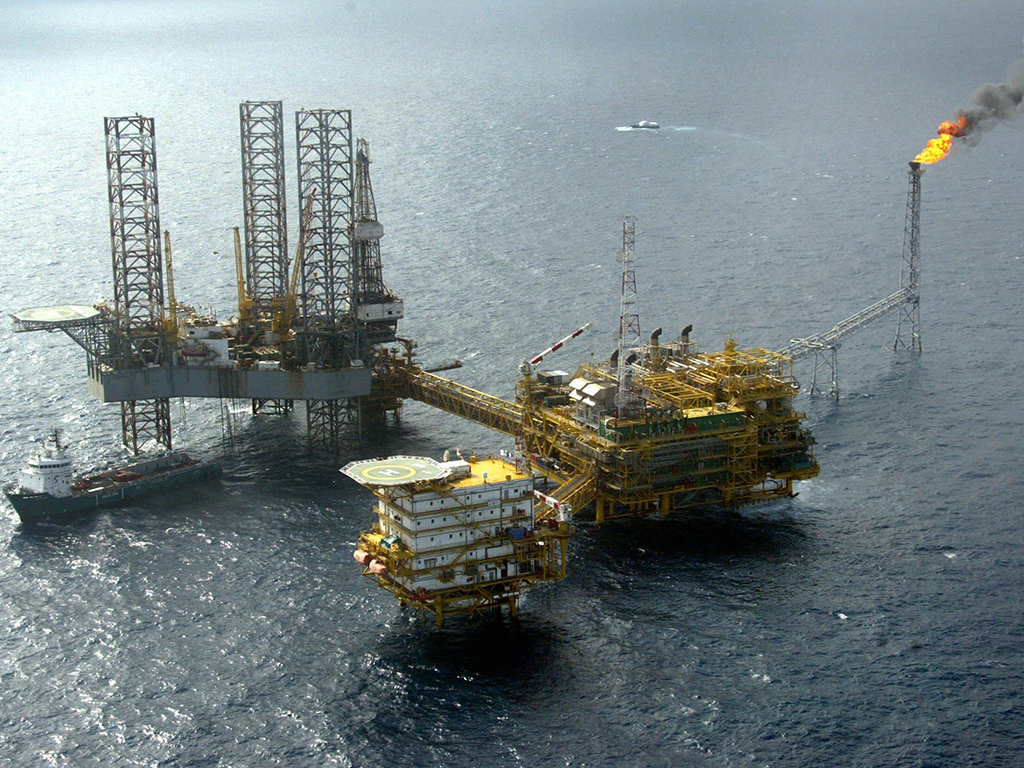Shell and Total suspend West African offshore oil projects
Last year’s decline in prices has made oil firms wary of high capital spending for West Africa offshore operations

A number of business pundits have recently predicted that oil prices will rise. Despite this many are wary of investing too much in the commodity, with Shell and Total recently pulling out of offshore drilling operations in West Africa
Despite many predicting last year’s 40 percent fall in oil prices had come to an end, with prices now set to rise, the steep decline is still impacting the operations of oil drillers. The latest to cut back capital costs are Shell and the French oil firm Total, both of whom have suspended drilling operations off the coast of West Africa.
Shell said the low price of oil would not deter its commitment to the project
Shell has delayed its decision on whether or not to invest in an oil drilling operation off the coast of Nigeria, which the Financial Times reports would require $12bn in spending. Shell hopes to negotiate costs with the soon-to-be formed Nigerian government of recently elected Muhammadu Buhari. The decision to postpone the deal comes only a few months after Shell said the low price of oil would not deter its commitment to the project.
Total has decided to hold off on final investments in an offshore satellite in Angola’s coastal Pazflor oil field. The company wants to renegotiate its contract owing to capital spending costs it feels are too high compared to the size of the predicted reserves of the Angolan field.
Despite such setbacks, Africa’s western coast is increasingly being seen as a valuable site for offshore oil drilling. Large fields off the coasts of Ghana and the Ivory Coast have of late caused a dispute between the two nations over rights to the oil. A recent ruling by the International Tribunal for the Law of the Sea allowed Ghana to continue developing its current oil fields, including the Ten Fields project, which is partly owned by British firm Tullow Oil, and reportedly has the potential to produce up to 80,000 barrels a day.













